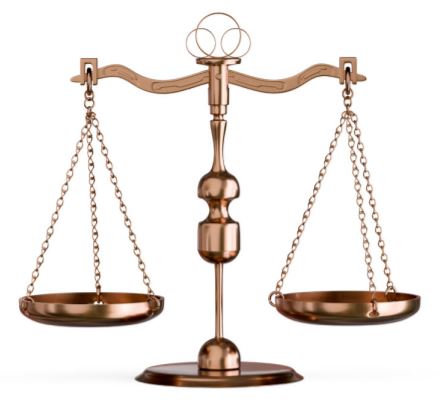A trust is the legal relationship between one person, the trustee, having an equitable ownership or management of certain property and another person, the beneficiary, owning the legal title to that property. The beneficiary is entitled to the performance of certain duties and the exercise of certain powers by the trustee, which performance may be enforced by a court of equity.
Most trusts are founded by the persons (called trustors, settlors and/or donors) who execute a written declaration of trust which establishes the trust and spells out the terms and conditions upon which it will be conducted. The declaration also names the original trustee or trustees, successor trustees or means to choose future trustees. The assets of the trust are usually given to the trust by the creators, although assets may be added by others. During the life of the trust, profits and, sometimes, a portion of the principal, called the “corpus”, may be distributed to the beneficiaries, and the remainder to is usually distributed upon the occurence of an event, such as the death of the creator. A trust may created as an alternative to a will in order to avoid probate and higher taxation. There are
many types of trusts, including “revocable trusts”, created to handle the trustors’ assets (with the trustor acting as initial trustee), also called a “living trust” or “inter vivos trust”, which only becomes irrevocable on the death of the first trustor; “irrevocable trust,” which cannot be changed at any time; “charitable remainder unitrust,” which provides for eventual guaranteed distribution of the corpus (assets) to charity, providing a substantial tax benefit. There are also “constructive” and “resulting” trusts declared by a court for equitable reasons over property held by someone for its owner. A “testamentary trust” can be created by a will to manage assets given to beneficiaries.

